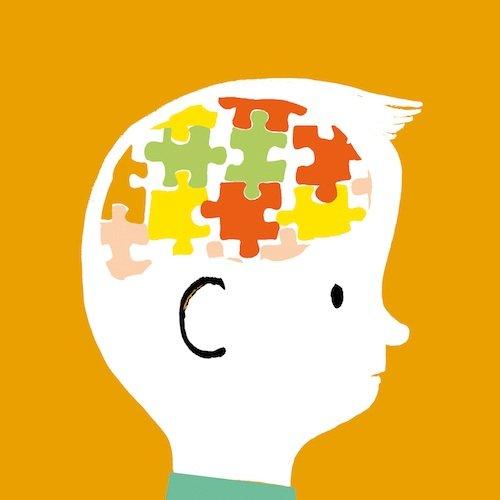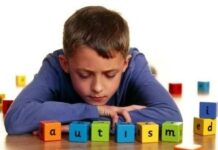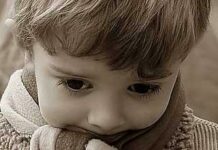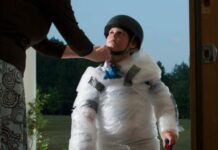The Autism is a disorder that affects the proper functioning of the brain and nervous system. Its cause is still unknown, there are genetic, neurobiological and even psychological theories, due to the difficulty of autism to relate socially. However, it is clear that the actions or behaviors of parents cannot cause this disorder. The autism can begin to identify from the 18 months when the child begins to show the first signs, yet the diagnosis can be made only after the child is over two years old. In this article, we tell you how to identify childhood autism.
However, it is clear that the actions or behaviors of parents cannot cause this disorder. The autism can begin to identify from the 18 months when the child begins to show the first signs, yet the diagnosis can be made only after the child is over two years old. In this article, we tell you how to identify childhood autism.
Steps to follow:
- The symptoms of autism appear between 18 and 36 months of life and the first indication is that the child seems to ignore people: he does not raise his arms to be taken out of the crib, he does not smile when he sees his parents and he does not walk or run behind anyone.
- Autistic children do not maintain eye contact with people, they do not usually look where they are pointed out and they do not look at what people are doing. Nor do they point their fingers to indicate that they want something and when they fall, they do not seek help. When an autistic child looks at you, his gaze is as if he has nothing in front of him.
- Autistic children from 36 months make more noticeable their difficulty in relating. It is common that they do not want to play with other children and prefer to be alone. Likewise, they do not know how to play properly with toys, since they do not use them for their proper use and instead prefer to grab everything and align or rotate them. That is why it is also very useful to know how to choose toys for autistic children.
- The behavior of autistic children tends to give many signals, since they present movements and actions that become stereotypes. For example, autistic children often jump, flap, swing, have tantrums, and become attached to certain things.
- The language in children with autism is absent. They may learn to say a word and no longer say it after a few days. Autistic children also do not imitate with their voice, sometimes saying a word in repetitions but without involving it in the correct meaning. Regarding language, if a 12-month-old does not babble or a 24-month-old does not elaborate a complete sentence, it is a considerable alarm of the presence of this disorder.
- If you think your child has any of these symptoms, it is best to take him to a neurologist for a thorough review. There are many cases of autistic children who, diagnosed in time and with the help of their therapies, present considerable progress.
This article is merely informative, we do not have the power to prescribe any medical treatment or make any type of diagnosis. We invite you to see a doctor in the case of presenting any type of condition or discomfort.




